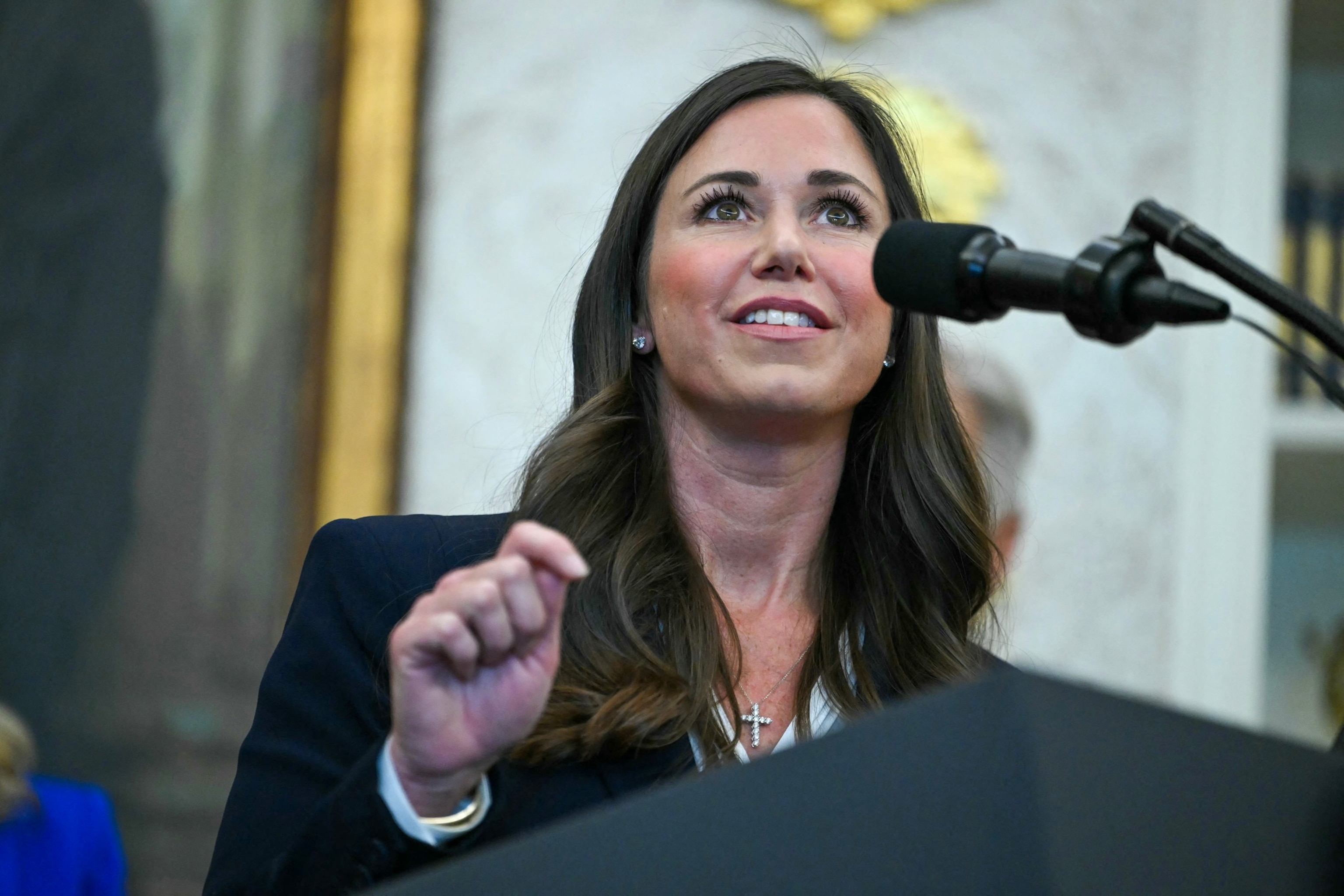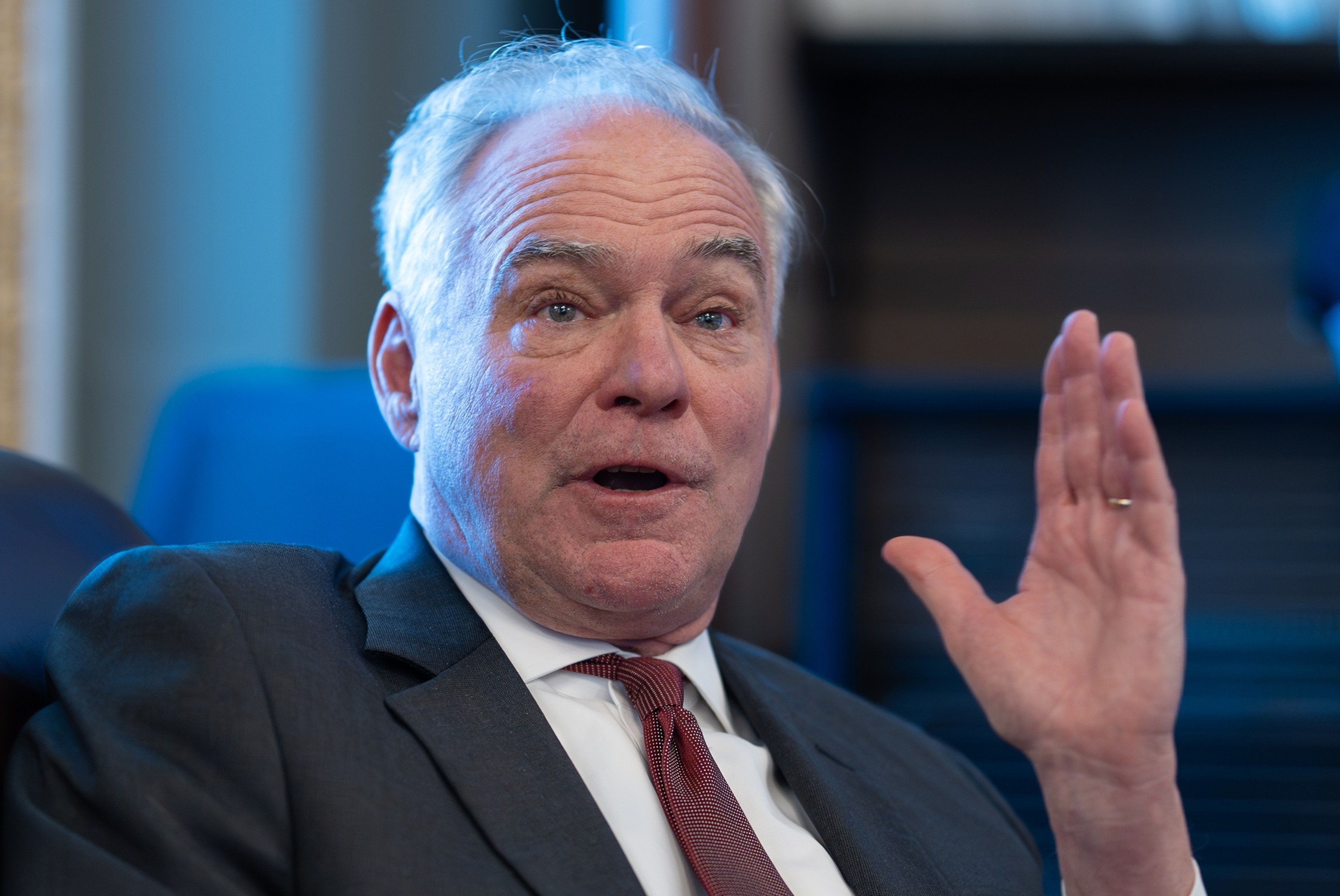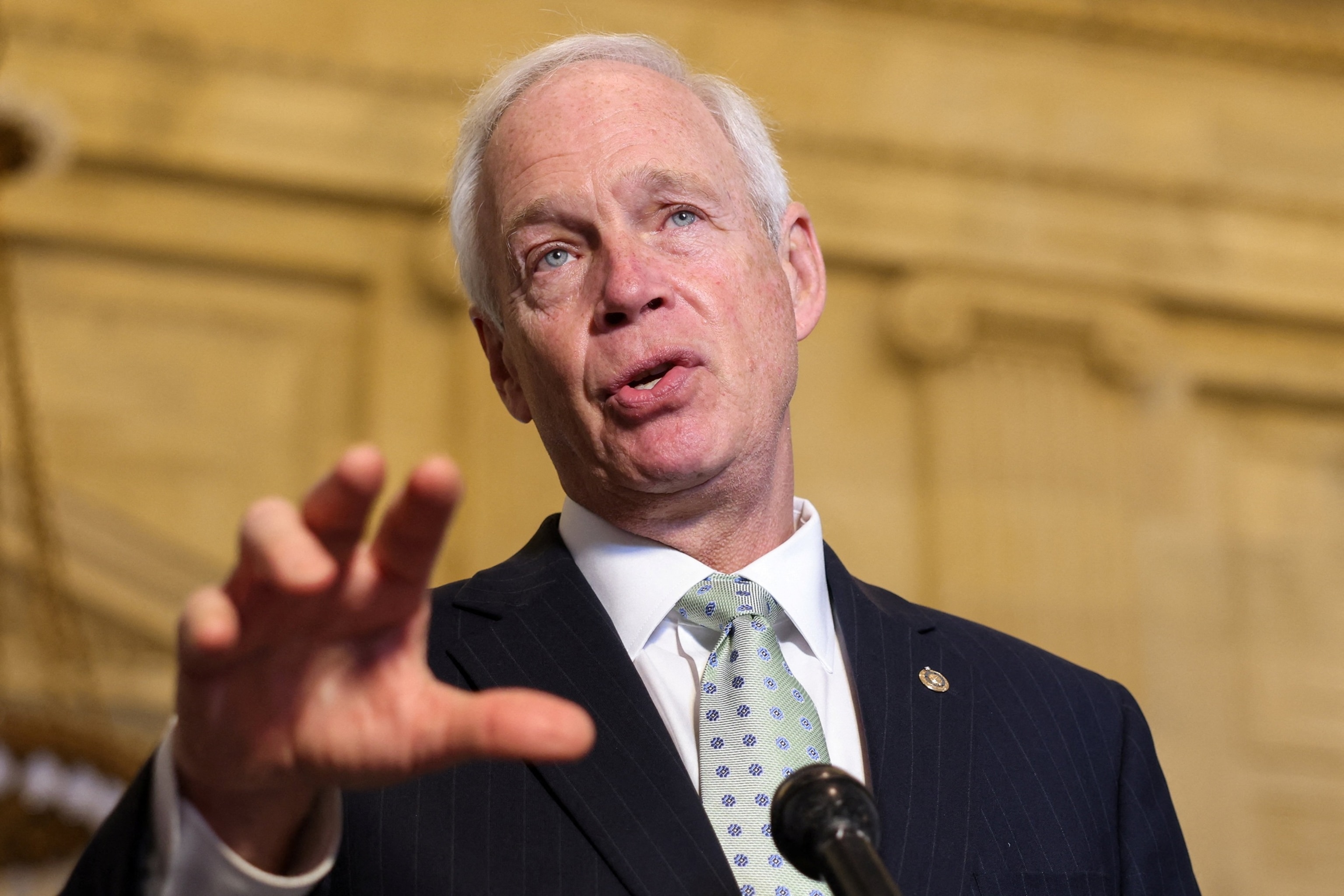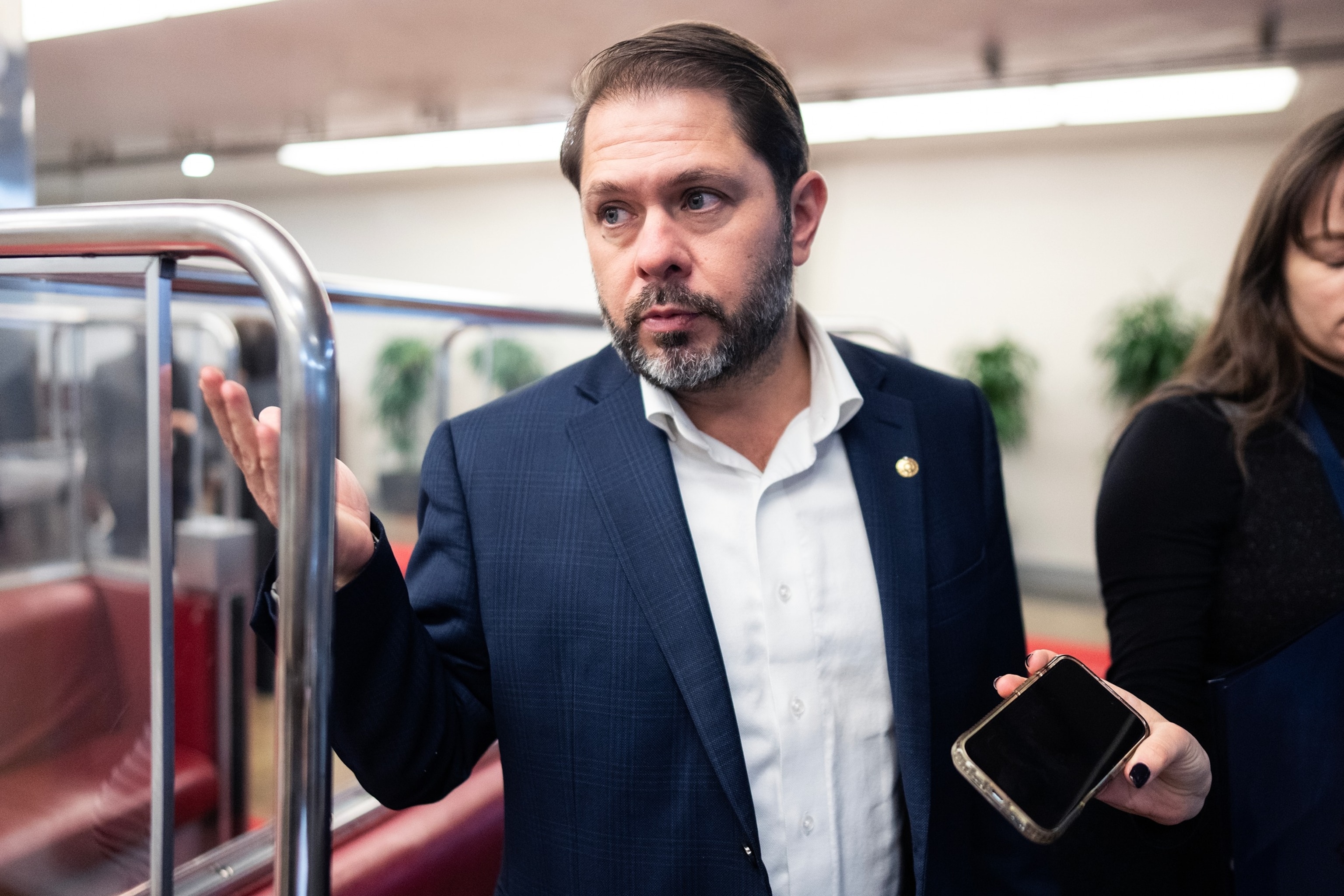
Some senators are donating their salaries in solidarity with federal workers.
GOP brushes off Democrats' offer to end government shutdown, call it 'non-starter'On day 38 of the longest government shutdown in U.S. history, Senate Minority Leader Chuck Schumer outlined Democrats' proposal to end it. Republicans accused Democrats of playing "political games."
Members of Congress are guaranteed by the Constitution to be paid during a federal government shutdown. But at least 55 of the 100 U.S. senators are either not taking their paychecks during the shutdown or are donating their salaries in solidarity with federal workers who are furloughed and working without pay, according to a tally by ABC News as of Friday.
That number includes 26 Republicans, 28 Democrats, and 1 independent. The offices of 27 Republicans, 17 Democrats and 1 independent have not responded.
To compile the list, ABC News reached out to offices several times for a response, and emailed multiple staffers in each office. Congressional staff are not paid during the shutdown and are currently furloughed or working without pay, since their salaries are funded yearly by Congress.
Why would members of Congress not take their own pay?
"Their goal is to be empathetic," Casey Burgat, a professor at George Washington University's Graduate School of Political Management, told ABC News, to "show people you feel their pain, too, and should not be advantaged when you're responsible for their lack of paycheck."
But while lawmakers from both parties are holding back their salaries, they're also pointing fingers.
Burgat told ABC News that this is also part of that messaging from lawmakers toward their constituents in an attempt to blame the "other side."

Republican Sen. Katie Britt, of Alabama, for instance, wrote on X at the beginning of October that she was having her pay withheld because "Democrats have decided to shut down the government--furloughing our federal workers and withholding pay from our troops," and that she encouraged her Democratic colleagues to also withhold their pay.
Democratic Sen. Tim Kaine, of Virginia, who is also not taking pay, pointed fingers at the other party: "In solidarity with America's federal workers, I will not accept pay during this shutdown... It's time for Republicans to meet us at the table."
Some of the senators whose offices confirmed to ABC News that they will be donating their salaries include Sen. Jacky Rosen, D-Nev., whose office said she is donating to health care causes and Meals on Wheels; and Republican Sen. Ashley Moody, R-Fla., who said she is giving her salary to the Crisis Center of Tampa Bay.

The office of Democratic Sen. Mark Warner, D-Va., confirmed his salary is being donated to the Federal Employee Education & Assistance Fund.
Republican Sen. Ron Johnson, R-Wis., has said he is donating his salary to the Joseph Project, a program he helped launch that connects people with jobs.
It's unclear how many senators are still taking a paycheck.

Sen. Ruben Gallego, D-Ariz., told NBC News in early October that it was not feasible for him to skip his paycheck, saying he is not wealthy and has rent, mortgage and child support payments.
In a subsequent interview on CNN, Gallego described forgoing pay as "gimmicks" that didn't help people.
"Most of these senators are millionaires to begin with, right? And all these congressmen that are complaining about it, they already got paid for the whole month," he said. "So, it's all one big gimmick. And when these people are complaining about this or that, what's going on is that they're not actually focusing on all these Americans that are going to lose their insurance."
ABC News has reached out to Gallego's office to ask for clarification about whether Gallego is currently taking a salary but has not heard back.

Gallego is effectively right about not taking pay being a gimmick, Burgat told ABC News, given that members of Congress -- under the Constitution -- are required to be paid. That may explain why some are donating their salaries instead of deferring pay.
Many members of Congress are not independently wealthy, Burgat said, and genuinely need the salary -- which is $174,000 a year for senators and U.S. House representatives who are not in leadership.
Some lawmakers have also introduced bills that would impose financial penalties on members of Congress during a shutdown or hold off their pay.
Sen. Bernie Moreno, R-Ohio, for instance, introduced a bill that would "impose a daily tax on members of Congress during a lapse in appropriations." Moreno is not taking a salary during the shutdown.
ABC News' Brittany Shepherd and Emily Chang contributed to this report.